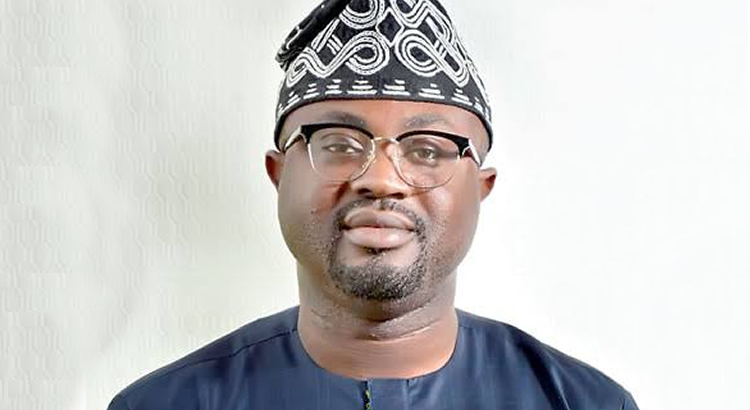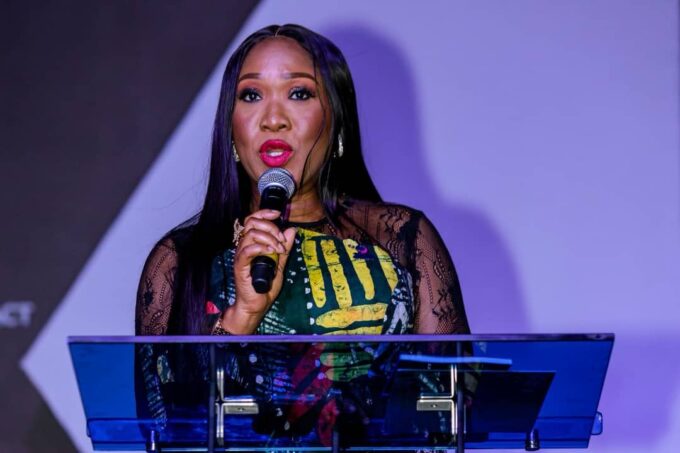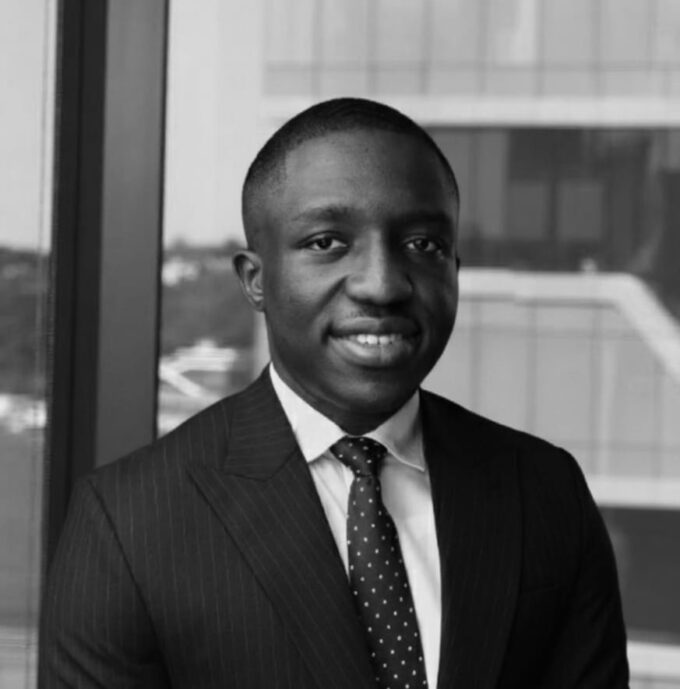In Ondo politics, denials have become their own kind of language. The Minister of Interior, Olubunmi Tunji-Ojo, says there’s no quarrel. The governor, Lucky Aiyedatiwa, insists peace reigns. Yet their supporters whisper a different tune, one of rivalry, quiet but real.
The flashpoint came after weeks of chatter online. Social media accounts loyal to both camps spoke of cold shoulders and veiled power plays. At a medical outreach in Ikare-Akoko, Tunji-Ojo dismissed it all as fiction. Represented by an aide, he said politics was local, and his only concern was promoting the president’s vision.
“There is no fight between me and the governor,” he said. “What matters is that we work together to project Asiwaju’s achievements.” His words were calm, measured, perhaps too measured for a state that can smell political tension miles away.
A day earlier, a council of party elders met in Akure. The Ondo Mandate Elders Forum gathered, urging reconciliation before the whispers hardened into factions. “We cannot watch things degenerate into crisis,” said facilitator Demola Ijabiyi. “Both men are our sons. We will insist on peace.”
The elders’ tone suggested concern rather than panic. Their meeting, however, confirmed what many already suspected: there is enough smoke to justify a bucket of water. The party, they warned, cannot afford a distraction with 2027 around the corner.
Behind the denials lies an awkward reality. Aiyedatiwa controls the machinery of state; Tunji-Ojo commands a growing federal profile and seems closer to President Bola Tinubu. Still, each carries loyalists, expectations, and ambitions that cannot remain invisible forever.
For now, the official story remains tidy: no quarrel, no tension, no cause for alarm. Yet in Nigerian politics, what everyone denies is often what everyone believes. Perhaps that is Ondo’s quiet sport: watching its leaders smile through their teeth while the ground beneath them shifts.
















Leave a comment